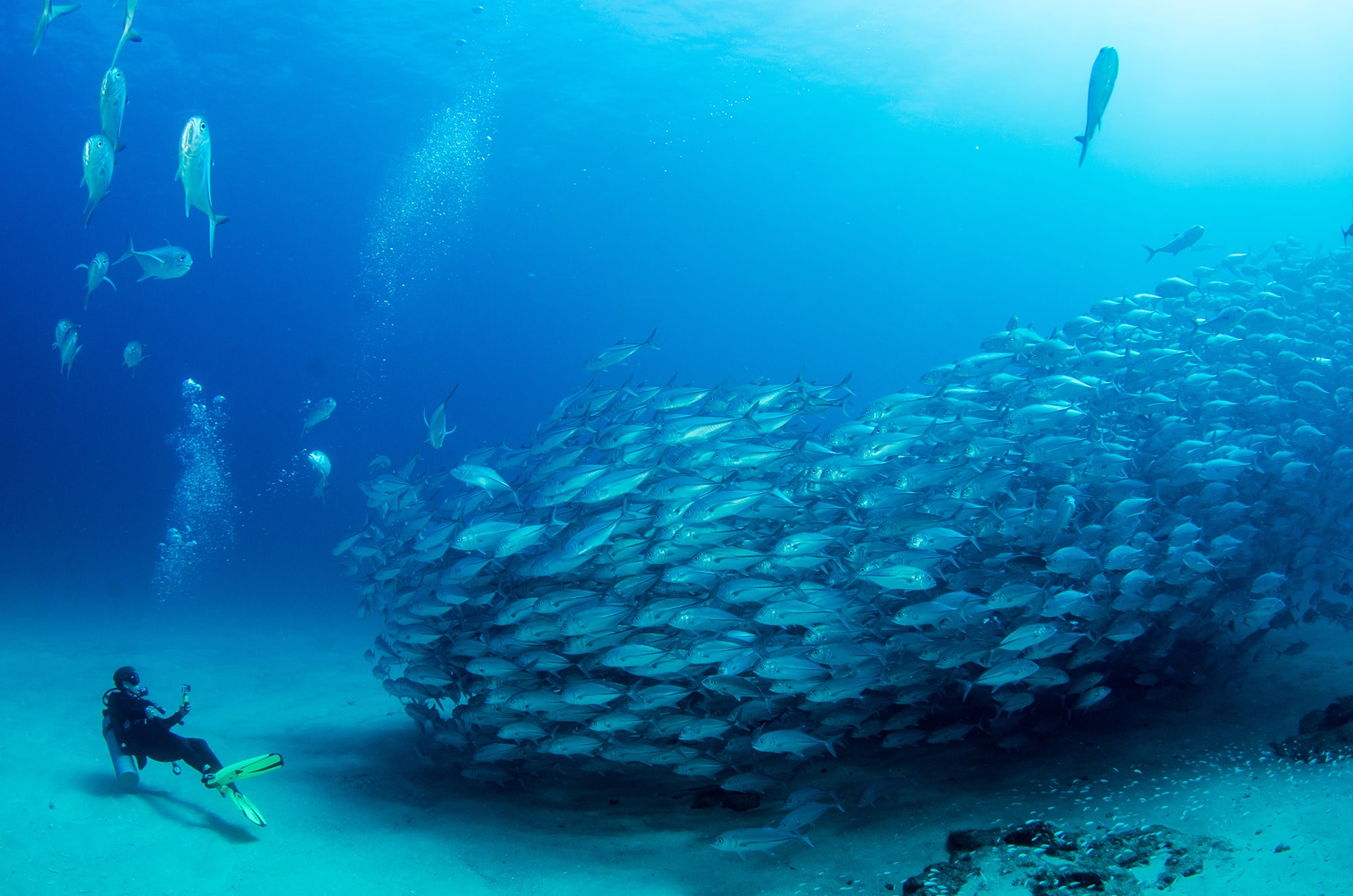Prevalence and Genetic Predisposition to Acute Respiratory Symptoms in breath-hold divers
Introduction: After repetitive deep dives, breath-hold divers are often affected by a syndrome characterized by symptoms such as cough, chest constriction, hemoptysis and, rarely, an overt acute pulmonary oedema syndrome, often together with various degrees of dyspnoea (ARS).
Aim of this work is an epidemiological investigation to evaluate the prevalence of acute respiratory symptoms (ARS) in Breath-hold divers; we have also investigated for possible inherent risk factor such as genetic predisposition.
Materials and Methods: A retrospective investigation has been performed using specific questionnaires filled by a selected sample of free divers.
A second specific questionnaire was used to identify other possible risk factors that could predispose to ARS.
The possible correlation between ARS and individual genetic variability in candidate predisposing genes was also investigated, with a particular focus on EPAS1 and other HIF-related genes.
Result: Fifty-six subjects (26.4%) reported previous events of ARS.
No statistically significant relationships was noted between the positive or negative reported cases of ARS and biometric data such as height and weight, age, gender, practice of other sports, smoking,.
No statistically significant relationships was noted between ARS and previous diseases such allergies, asthma, or habitual use of drugs.
Important statistically significant relationship was observed between ARS and personal maximum depth limit.
Interesting data was observed between ARS and selected genes that could predispose to the condition.
Preliminary results seem to suggest interesting associations between expression of evaluated genes and ARS; analysis is, at present, still in progress.
Conclusion: Our data show that ARS is a common condition among experienced Breath-hold Divers.
Our results allow for better definition of diving methods able to mitigate breath-hold diving pulmonary risk as the identification of possible genetic predisposition to pulmonary oedema, and may improve breath-hold diving safety through better awareness of possible risk factors by the divers themselves.

